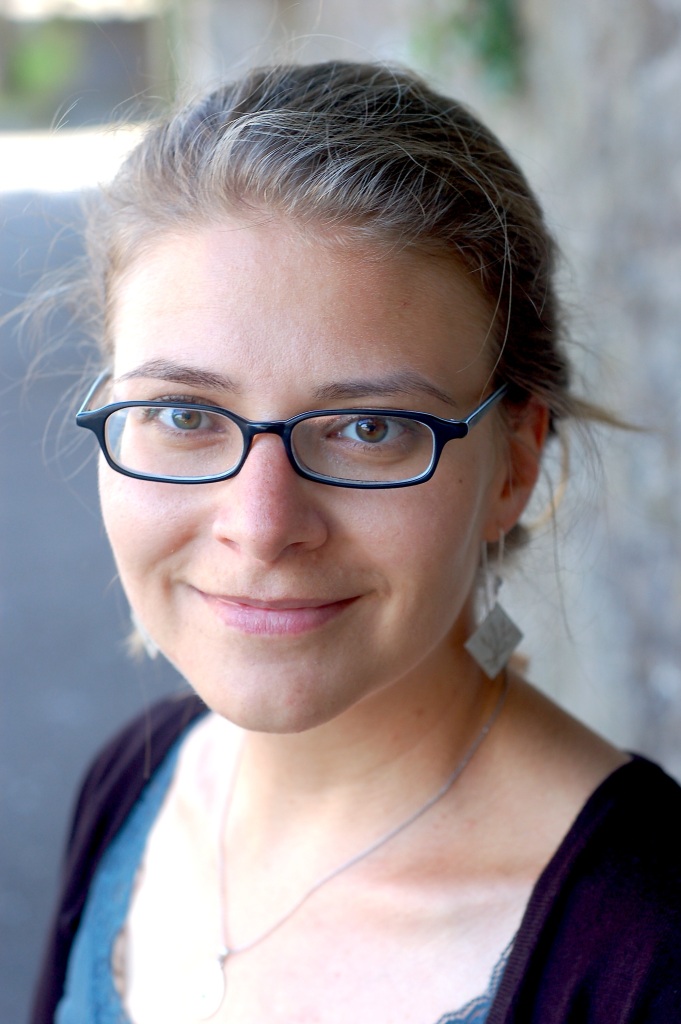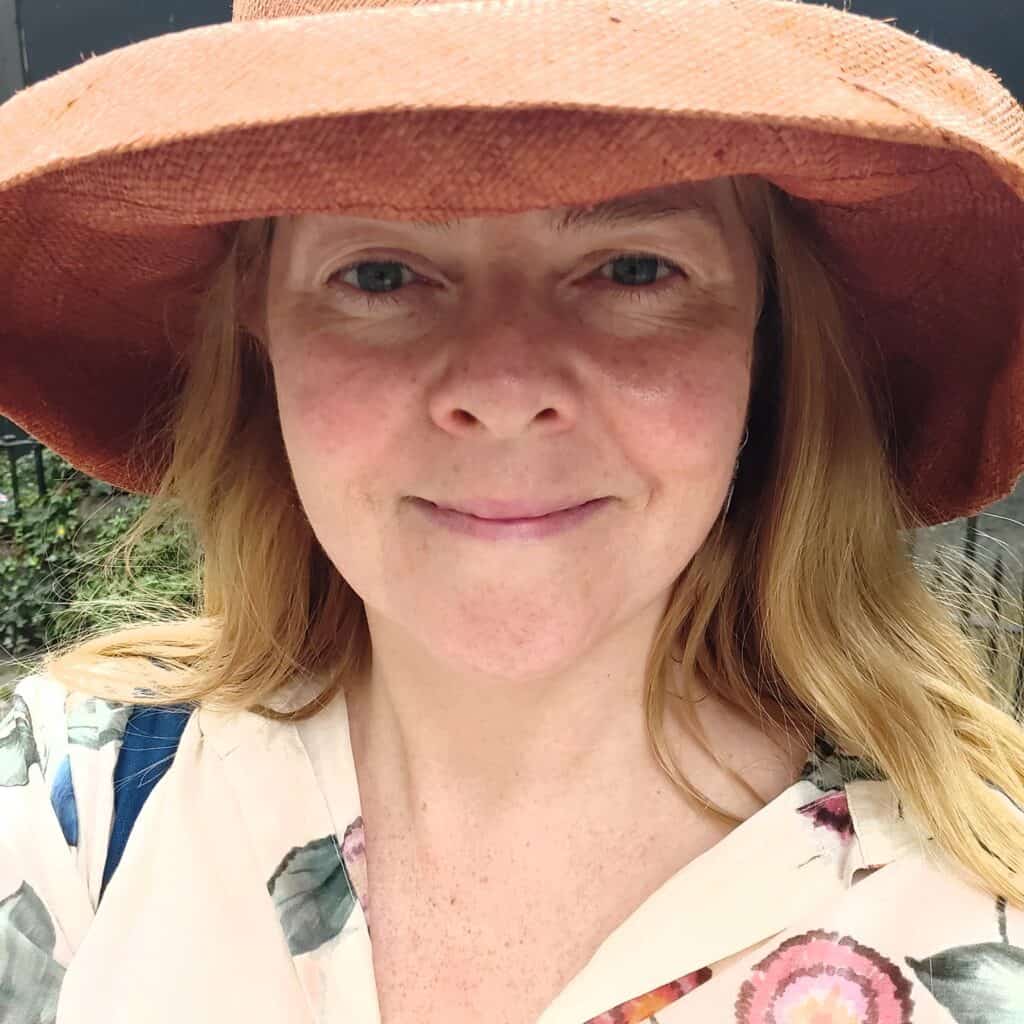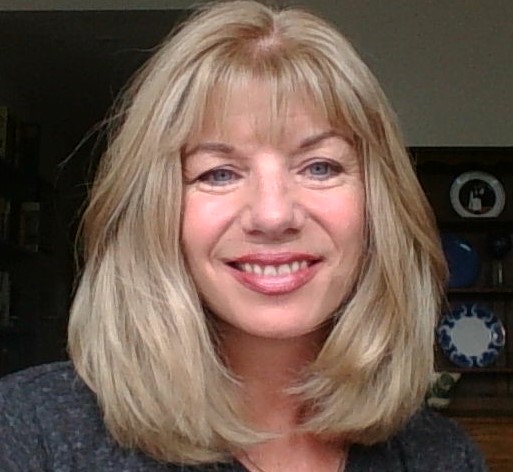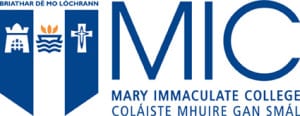Team
Dr Kathryn Laing (Mary Immaculate College, University of Limerick)

Kathryn Laing lectures in the Department of English Language and Literature, Mary Immaculate College, University of Limerick. She is co-founder of the Irish Women’s Writing Network (1880-1920) https://irishwomenswritingnetwork.com and also with Dr Sinéad Mooney, general editor of two series, Key Irish Women Writers and Irish Women Writers: Texts and Contexs (EER Publishers).
Her research interests are principally in late nineteenth-century Irish women’s writing, modernism and modernist women writers. She has published widely on Rebecca West, Virginia Woolf, George Moore and Hannah Lynch. Recent publications include Hannah Lynch (1859-1904): Irish Writer, Cosmopolitan, New Woman (Cork University Press, 2019), co-authored with Faith Binckes; ‘ “An Outpour of Ink”: From the “Young Rebecca” to “The Most Important Signature of These Years”: 1911-1920’ in Women, Periodicals, and Print Culture in Britain, 1890s1920s: the Modernist Period, eds. Faith Binckes and Carey Snyder (Edinburgh: Edinburgh University Press, 2019); K. Laing and Sowon Park, ‘Writing and Politics: Writing the Vote: Suffrage, Gender, and Politics’ in Vol 2 Futility and Anarchy? British Literature in Transition 1920-1940, eds. Charles Ferrall and Dougal McNeill (Cambridge: Cambridge University Press, 2018) and ‘“Only Connect”: Irish Women’s Voices, Latin America and the Irish Women’s Writing Network’, Irish Migration Studies in Latin America 9.1 (2018) http://www.irlandeses.org/wp-content/uploads/2018/01/women-6.pdf.
Dr Sinead Mooney

Sinéad Mooney graduated from University College Cork with a BA in 1993, and an MA in English in 1996, followed by a DPhil from the University of Oxford (2002). Having been a lecturer in the English Department at the National University of Ireland, Galway, from 2002 to 2014, Sinead joined De Montfort University in 2014 as a Research Fellow and was a Senior Lecturer in English there from 2016-2019. Her research interests include Irish literature, modernism, the work of Samuel Beckett, and women’s writing, particularly Irish women’s writing of the late 19th and early 20th century, and contemporary writing.
Publications include (editor, with Kathryn Laing) Irish Women Writers at the Turn of the Twentieth Century: Alternative Histories, New Narratives (EER, 2020), A Tongue Not Mine: Beckett and Translation (Oxford University Press, 2011), which won the American Conference for Irish Studies Robert Rhodes Prize; Samuel Beckett (Writers and Their Work, Northcote House, 2006); and Edna O’Brien: New Critical Perspectives. Co-edited with Kathryn Laing and Maureen O’Connor (Carysfort, 2006), and essays on Molly Keane, Edna O’Brien, Mary Lavin, and Elizabeth Bowen. Recent work includes essays on early English productions of Waiting for Godot and their traces in provincial theatre archives, and essays on Edna O’Brien, Beckett and ‘outsider art’, and on the ‘decadent’ novelist Katherine Cecil Thurston. Current research includes alternative histories of Ireland by late-19th and early 20thc Irish women writers, and on Mary Carbery (1867-1949). I am the co-organiser with Kathryn Laing (Mary Immaculate, Limerick) of the interdisciplinary conference ‘Occluded Narratives’ Researching Irish Women’s Writing 1890-1910; (Mary Immaculate College, University of Limerick, 25-26th November 2016) and a founder member of the Irish Women’s Writing Network.
She can be contacted at drsineadmooney @ gmail.com
Network Team

Anna Pilz is a scholar of nineteenth- and twentieth-century British and Irish Literatures. In particular, her research interests focus on reception and intertextuality; book history; place and space; and the interplay between literature, geography, and environmental history. Pilz has published extensively on the Irish playwright Lady Augusta Gregory, as well as on writers such as Katharine Tynan and Emily Lawless. She has taught on Irish and English literatures, women’s studies, and on environment and society at the University of Liverpool, Leeds Beckett University, University College Cork, and the University of Edinburgh. With Whitney Standlee, she co-edited Irish Women’s Writing, 1878-1922: Advancing the Cause of Liberty (Manchester University Press, 2016). She continues to collaborate with Standlee and they have co-authored for the Irish Times and co-edit the ‘Research Pioneers’ series for the Irish Women’s Writing Network. Most recently, she published on ‘The Rise of the Woman Writer’ in Matthew Campbell’s Irish Literature in Transition, 1830-1880 (Cambridge University Press, 2020). Her chapter on ‘Lady Gregory’s Audiences and The Rising of the Moon (1903)’ is forthcoming in David Clare, Fiona McDonagh and Justine Nakase (eds), The Golden Thread: Irish Women Playwrights (Liverpool University Press).

Caoilfhionn Ní Bheacháin (pronounced Quail-een Nee Vack-awn) lectures in Communications at the University of Limerick. She researches Irish cultural history from the late nineteenth century through to the mid twentieth century, with a particular focus on intellectual and political networks, theatre history, print culture and protodiplomacy. Her work has appeared in the Journal of Victorian Culture, Irish University Review, Éire-Ireland, Women’s History Review, Estudios Irlandeses, Dublin Review of Books, Irish Times, and on the platform of the Modernist Archives Publishing Project (MAPP).
Whitney Standlee

Dr Whitney Standlee is Senior Lecturer in English Literature of the Long Nineteenth Century at the University of Worcester. She specialises in the study of Irish women’s writing, particularly the process of recuperating the reputations of overlooked or understudied Irish women writers of the nineteenth and early twentieth centuries. Further research interests include writings of Irish exile and the diaspora, Ireland’s contribution to and engagement with the literary fin de siècle, and the intersection of Irish literature, politics and popular culture.
Dr Standlee’s publications include a monograph on the political content of late nineteenth and early twentieth-century novels written by Irish women (Power to Observe, Peter Lang 2015), which examines the work of Emily Lawless, George Egerton, Katherine Cecil Thurston, Katharine Tynan, L. T. Meade and M. E. Francis, and a volume of essays co-edited with Dr Anna Pilz (Irish Women’s Writing 1878-1922, Manchester University Press, 2016). In collaboration with Pilz, she has written for the Irish Times and co-edits the popular ‘Research Pioneers’ series of interviews for the Irish Women’s Writing Network. She is a fellow of the Higher Education Academy and serves actively as a member of the British Association for Irish Studies (BAIS) and the International Association for the Study of Irish Literatures (IASIL). Her participatory talk, ‘W. B. Yeats and Belief’, was presented at the Ledbury Poetry Festival in 2015 and in 2018 she acted as adviser to the Emily Massingberd exhibition at the National Trust property, Gunby Hall, in Lincolnshire.
Julie Anne Stevens

Julie Anne Stevens lectures in the School of English, Dublin City University. From 2009 to 2017 she served as the Director for the Centre for Children’s Literature and Culture in St. Patrick’s College and then in Dublin City University when the universities merged. From 2017 to 2019 she is visiting professor in John Paul Catholic University, San Diego, California. She publishes and lectures on Irish literature and the visual arts, women’s writing, illustrated children’s books, and short fiction. She published The Irish Scene in Somerville and Ross in 2007 and co-edited The Ghost Story from the Middle Ages to the Twentieth Century in 2010. Somerville Press published her latest book, Two Irish Girls in Bohemia: The Drawings and Writings of E. Œ. Somerville and Martin Ross, in 2017.
Dr Deirdre Flynn is a Lecturer in 21st Century Literature in Mary Immaculate College, University of Limerick. She has previously worked at University College Dublin, and at the Moore Institute, NUI Galway. Her research interests include World Literature, Postmodernism, Murakami, Irish Studies, Drama and Theatre Studies and Feminism. She worked professionally as a journalist for a number of years. She has two edited collections on Irish literature with Palgrave, and published widely on contemporary literature, and academic precarity.
Elizabeth Tilley
Elizabeth Tilley is Senior Lecturer in Book History and Victorian Literature and Head of the Discipline of English at the National University of Ireland Galway. She researches and publishes on Irish print culture and nineteenth-century Gothic fiction. Her scholarly edition of J.S. Le Fanu’s In A Glass Darkly appeared in 2018, and her monograph on nineteenth century Irish periodicals will be published in 2019 by Palgrave. In 2009 she served as an associate editor for the Dictionary of Nineteenth Journalism, with responsibility for entries on Irish titles (gen. editors Laurel Brake and Marysa Demoor).
Kathleen Williams
Kathleen Williams, now retired, worked in the John J. Burns Library of Rare Books and Special Collections at Boston College where she introduced students to the use of rare and archival materials. She also served as reference librarian, bibliographer for Irish Studies, and in collection development.
Postgraduate Researchers
Geraldine Brassil

Geraldine Brassil is a PhD Student at Mary Immaculate College. Her work focuses on the study and recovery of nineteenth century Irish women writers and evolving print cultures in contemporary publishing contexts. Her research interests include mid-late nineteenth Century Irish Women’s Writing; Irish Periodical and Print Culture; Irish Women in History; the History of the Book. She organises the English department post-graduate community seminar series which provides a forum for post-graduate students to present their research.
Sophie van Os

Sophie van Os is a PhD candidate for the NWO-funded VICI project ‘Redefining the Region: The Transnational Dimensions of Local Colour’ at the Radboud University Nijmegen, the Netherlands. Her project, titled ‘Transnational Dimensions of the Region in European Illustrated Periodicals, 1842-1900‘ examines the transnational dimensions of the region in European illustrated periodicals from the long nineteenth century. Sophie obtained a Master’s degree in European literature, with a specialisation in Irish literature, at the Radboud University. She currently teaches several Bachelor courses, and is the Postgraduate Representative for SSNCI.
Eliza Spakman

Eliza Spakman is in the final year of her Research MA in Literary Studies at the University of Groningen, the Netherlands. She specialises in later eighteenth-century and early nineteenth-century Anglo-Irish women’s writing, particularly the work of Maria Edgeworth. She is just starting her dissertation on (transnational) Enlightenment intertextuality in the works of Maria Edgeworth, supervised externally by Clíona Ó Gallchoir from University College Cork. After this, Eliza hopes on to go on to do a PhD on Irish women’s writing and the Enlightenment. Other research interests are: the Bluestockings, women’s networks, print culture, Irish-language literature, domesticity as a power, and cosmopolitanism.


